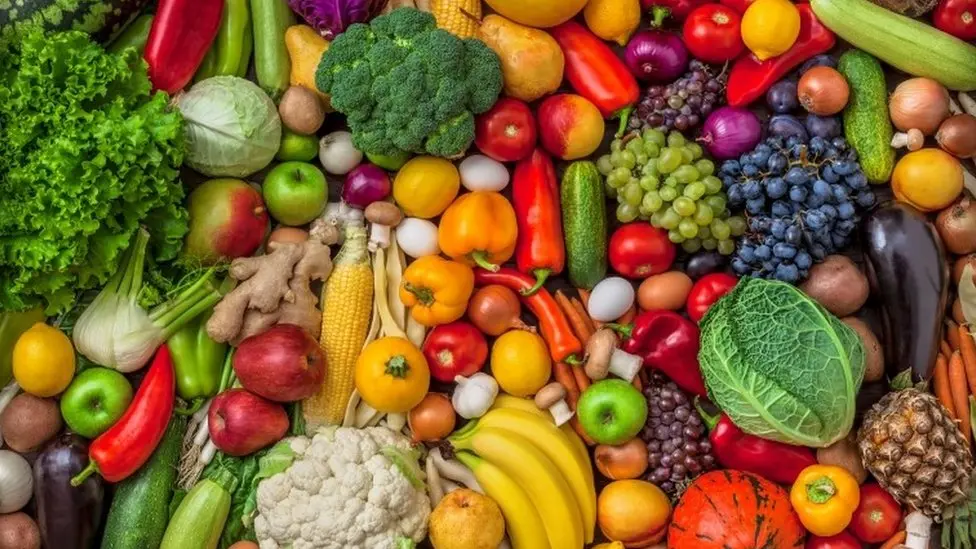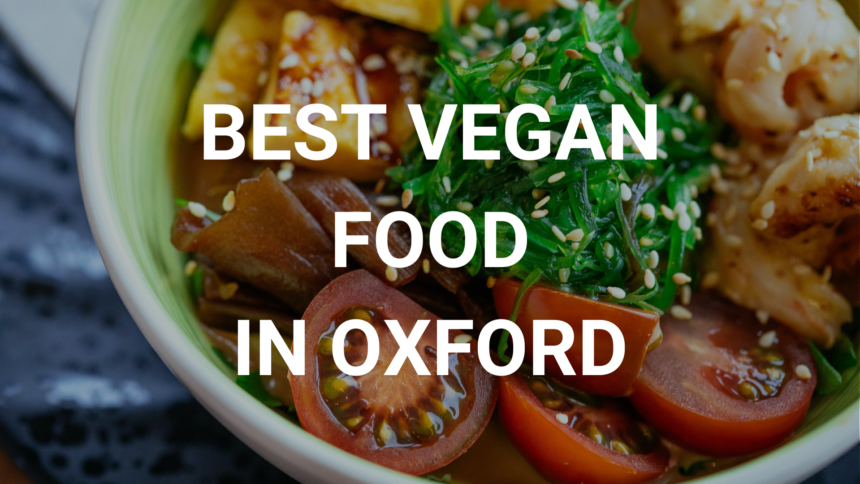Oxfordshire Vegan Lunch Policy Faces Public Backlash
The Oxfordshire vegan lunch policy, introduced in 2021, was designed to promote environmental responsibility by serving only plant-based meals at official council events. While the goal was to support climate action and reduce the council’s carbon footprint, the initiative—initially seen as progressive—has since drawn sharp criticism from within the council and the wider farming community.

Now, the Oxfordshire vegan lunch policy is under review, as concerns grow that it may be failing to meet sustainability goals or align with the region’s own food strategies.
Local Farmers Criticize Oxfordshire Vegan Lunch Policy for Overlooking Regional Produce
The council’s exclusive use of vegan meals has sparked strong opposition, especially among local farmers. Jeremy Clarkson, television personality and owner of Diddly Squat Farm in Oxfordshire, was among several farmers who protested outside County Hall in 2022, arguing that the council’s move undermines local agriculture.
Farmers claimed the policy bypasses local food systems and instead sources from companies that may not represent sustainable or regional farming practices.
According to the National Farmers’ Union (NFU), nearly 75% of Oxfordshire’s land is used for agriculture. Critics argue the council’s decision to serve only vegan meals sends the wrong message to the region’s farming community.
Councillors Urge Review of Oxfordshire Vegan Lunch Policy
Councillor Bethia Thomas, from the Liberal Democrat-led council, acknowledged the backlash and ongoing tension. While she personally supports plant-based options, she emphasized the need to “rethink our existing catering policy” to better reflect the Oxfordshire Food Strategy, which encourages a balanced approach to local, sustainable, and accessible food.
“I’m very happy to have a meal of any sort provided for me,” Thomas said, “but we should be supporting our farmers more directly.”
Her comments highlight the growing sentiment among some councillors that the policy may be too rigid and not fully aligned with Oxfordshire’s broader environmental and economic goals.
What the Oxfordshire Vegan Lunch Policy Entails
Since 2021, Oxfordshire County Council has required entirely plant-based meals at full council meetings. These are typically provided by a catering company based in Kidlington, with other local firms used for separate events.
The council introduced this policy in response to calls for climate-conscious governance, recognizing the significant environmental impact of meat and dairy production. The goal was to lead by example, showing how local authorities could embrace sustainability.
Yet, as the conversation evolves, the question remains: Is excluding all non-vegan food the most effective way to support sustainability?
Review Ordered Amid Rising Pressure
Council leader Liz Leffman announced that she has formally requested a review of the lunch policy. She tasked the facilities management team with assessing whether the current meals meet the guidelines laid out in the Oxfordshire Food Strategy.

This strategy outlines the importance of:
- Supporting local farmers and food businesses
- Reducing food waste
- Ensuring food is culturally appropriate and accessible
- Encouraging consumption of locally grown, sustainable food
Leffman admitted that it’s not always possible to use ingredients sourced entirely within Oxfordshire, but reaffirmed the council’s commitment to supporting local agriculture whenever feasible.
“We may have to look further afield at times, but we must do everything we can to ensure that what we consume is sourced as locally as possible,” she said.
Oxfordshire Food Strategy vs. Council Practice
The Oxfordshire Food Strategy, which the council officially supports, promotes a holistic and inclusive vision of sustainability. It encourages:
- Balanced diets that support both personal health and the planet
- Local food production over imported or industrial-scale alternatives
- Community access to fresh, culturally relevant meals
Critics of the current vegan-only policy argue that it contradicts these principles by:
- Relying on potentially non-local suppliers
- Ignoring Oxfordshire’s rich farming heritage
- Failing to support local meat and dairy producers who use sustainable practices
As the review moves forward, many are calling for a more flexible policy—one that includes both plant-based options and locally sourced, ethically raised meat and dairy.
Balancing Environmental Goals with Local Support
The climate case for reducing meat consumption is widely supported. Studies show that livestock farming contributes significantly to greenhouse gas emissions. However, opponents of the council’s policy point out that not all meat production is equal.
Locally sourced, pasture-raised meat from small Oxfordshire farms often has a lower carbon footprint than imported plant-based products. Thus, an all-or-nothing approach may unintentionally harm local producers without significantly benefiting the environment.
Could Flexitarian Menus Be the Future?
One proposed compromise is the adoption of flexitarian catering—a menu model that prioritizes plant-based dishes but still allows for occasional inclusion of sustainable, locally raised meat and dairy. This approach could:
- Satisfy environmental goals
- Promote food diversity
- Support Oxfordshire farmers
- Offer culturally inclusive meals
By offering a range of sustainable options, the council could foster a more inclusive, practical, and effective food policy.
Public Reaction: Divided Opinions
Reactions to the vegan lunch policy remain mixed among residents and officials. While some praise the council’s climate leadership, others see the policy as symbolic but impractical.
Many Oxfordshire residents feel excluded or unheard, especially those with strong ties to farming communities. Some worry that the policy may alienate voters and undermine efforts to build consensus on environmental initiatives.
National Implications of Local Policy
Although this is a local issue, the Oxfordshire vegan lunch policy is being watched closely by other councils across the UK. It raises broader questions:
- How should sustainability policies balance local economics and global ethics?
- Can plant-based policies exist alongside support for responsible farming?
- What role should councils play in shaping public diets?
The outcome of Oxfordshire’s policy review could influence how other regional governments structure their food procurement policies in the future.
Sourcing Meals Responsibly: What Should Councils Consider?
For councils aiming to reduce their carbon footprint while supporting local economies, a balanced approach is essential. Key considerations include:
- Seasonality: Using food grown during local harvest periods
- Supply chain transparency: Knowing where and how ingredients are sourced
- Nutritional value: Offering wholesome, balanced meals
- Cultural relevance: Serving food that reflects the diversity of the community
- Affordability: Ensuring that cost doesn’t compromise sustainability goals
By collaborating with local farmers, councils can develop custom food strategies that benefit both the planet and the local economy.
What Comes Next for Oxfordshire’s Catering Policy?
The council’s review of its vegan-only lunch policy is underway, and changes could be introduced soon. Options being considered may include:
- Reintroducing meat and dairy, sourced from local ethical farms
- Offering a choice-based menu with plant-based and non-plant-based meals
- Holding public consultations to better understand community preferences
The goal is to find a practical solution that aligns with the county’s environmental, economic, and cultural values.
Rethinking Sustainability Through Inclusion
The Oxfordshire vegan lunch policy was created with noble intentions—to reduce environmental harm and promote climate action. However, its rigid implementation has sparked valid concerns from farmers, councillors, and community members who feel their needs and contributions were overlooked.
As the council re-evaluates its approach, the conversation opens a broader dialogue about how sustainability should be pursued—not through exclusion, but through inclusion, balance, and collaboration with those directly affected.
With thoughtful changes, Oxfordshire has the opportunity to become a national leader in responsible, inclusive, and effective sustainable food policy—one that truly reflects the values of both people and planet.




